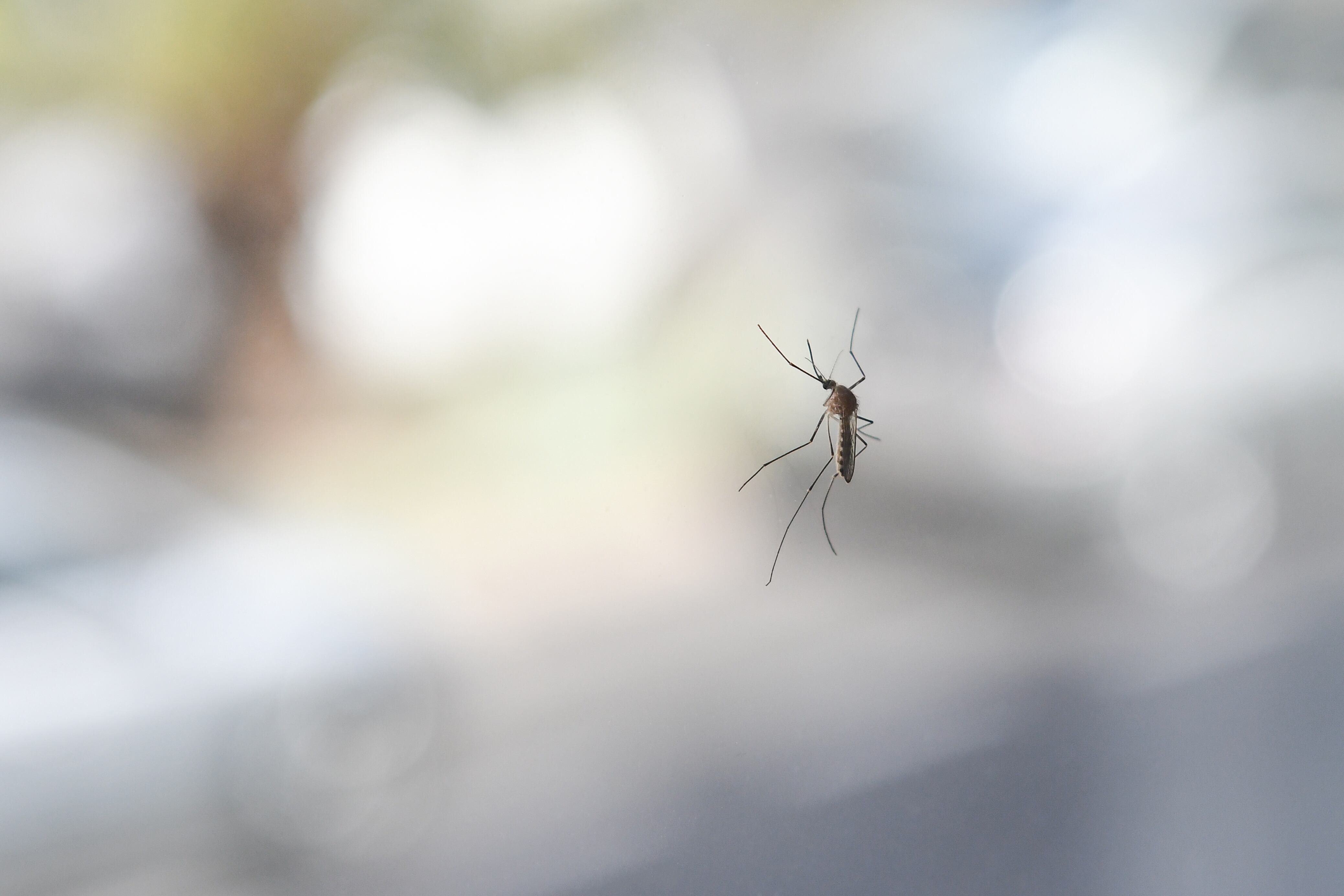The famed Darwin's Arch in the Galapagos Islands has lost its top, and officials are blaming natural erosion of the stone.
Ecuador's Environment Ministry reported the collapse on its Facebook page on Monday.
The rock structure — 43 meters (141 feet) high, 70 meters (230 feet) long and 23 meters (75feet) wide — is less than 1 kilometer (about half a mile) from Darwin Island and it's a popular spot for scuba divers. It's not accessible by land.
“Obviously all the people from the Galapagos felt nostalgic because it’s something we’re familiar with since childhood, and to know that it has changed was a bit of a shock," said Washington Tapia, director of conservation at Galapagos Conservancy. "However, from a scientific point of view, it’s part of the natural process. The fall is surely due to exogenous processes such as weathering and erosion which are things that normally happen on our planet.”
The unique flora and fauna on remote islands, some 1,000 kilometers (600 miles) off the coast of mainland Ecuador are famed in part for inspiring Charles Darwin's thoughts on evolution.
While the East Coast grappled with the aftermath of downpours that closed roads and rendered the water supply undrinkable in places, the West and other parts of the country contended with sizzling temperatures and unsafe air quality attributed to Canadian wildfires.
U.S. officials on Monday approved the first long-acting drug to protect babies and toddlers against a respiratory virus that sends tens of thousands of American children to the hospital each year.
A group of bipartisan senators is calling for the release of public records on UFOs.
Results of late-stage clinical trials are showing promising results for a new Alzheimer's Drug from Eli Lilly.
Over a dozen states are under air quality alerts as smoke from the Canadian wildfires continues to make its way across the country.
Millions of Americans continue to be under a heat advisory as extreme temperatures are still affecting the southern U.S.
Florida's latest invasive species comes a-hoppin' down the street: lionhead rabbits.
Be Well: Understanding Mosquito and Tick-Borne Illnesses Ahead of Your Summer Ventures
Be Well: How to Improve Your Core Strength in Four Minutes












